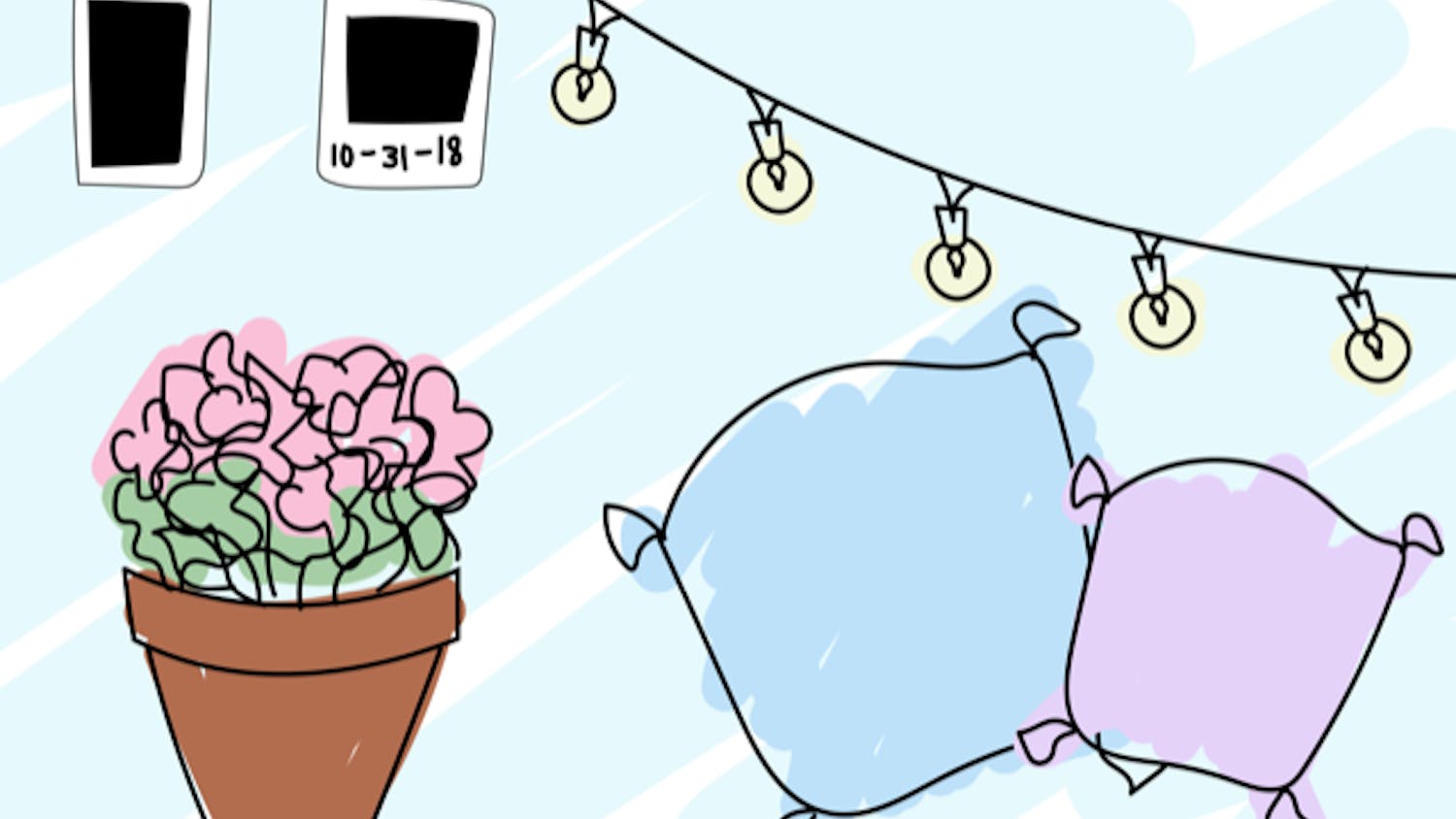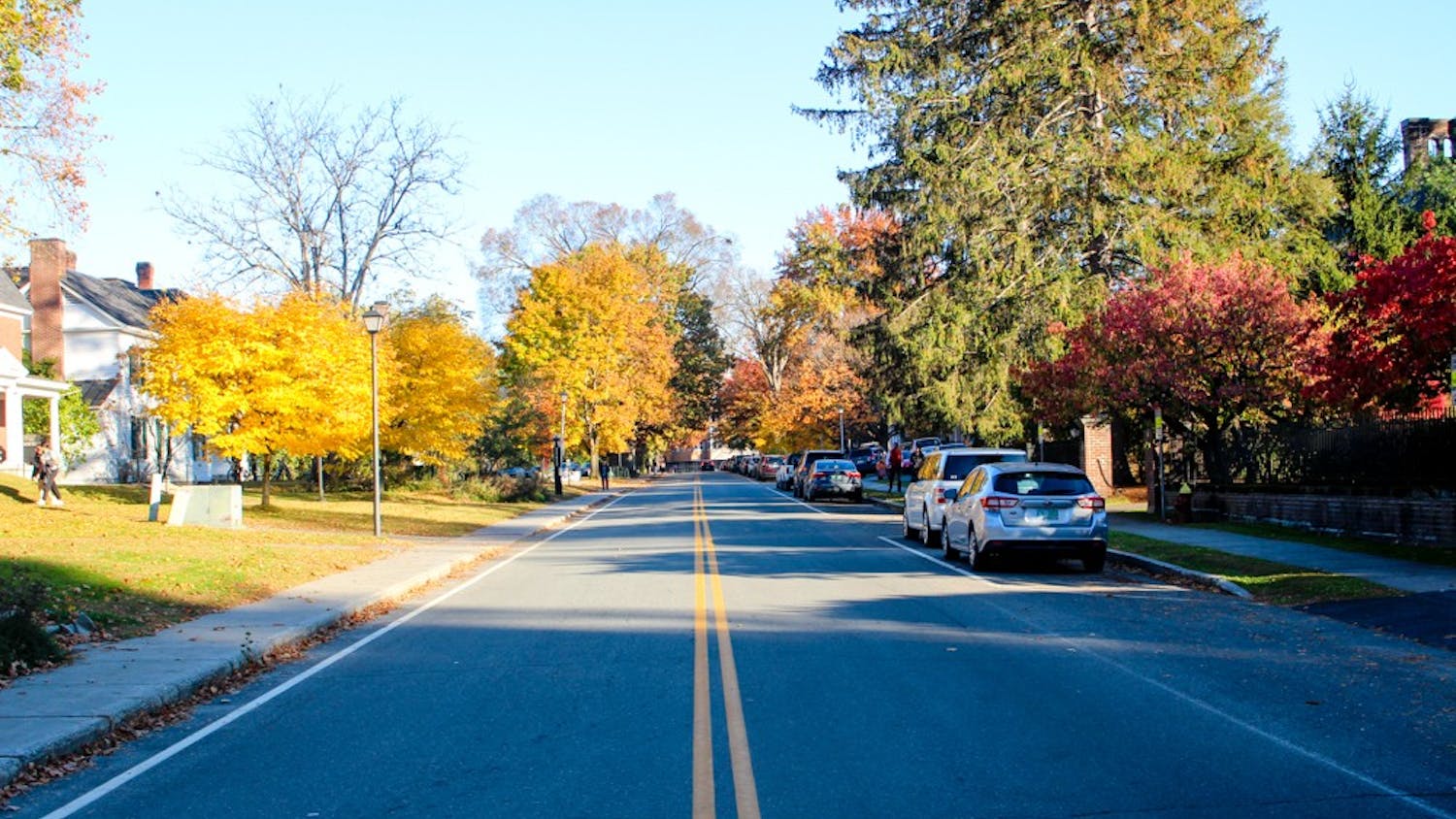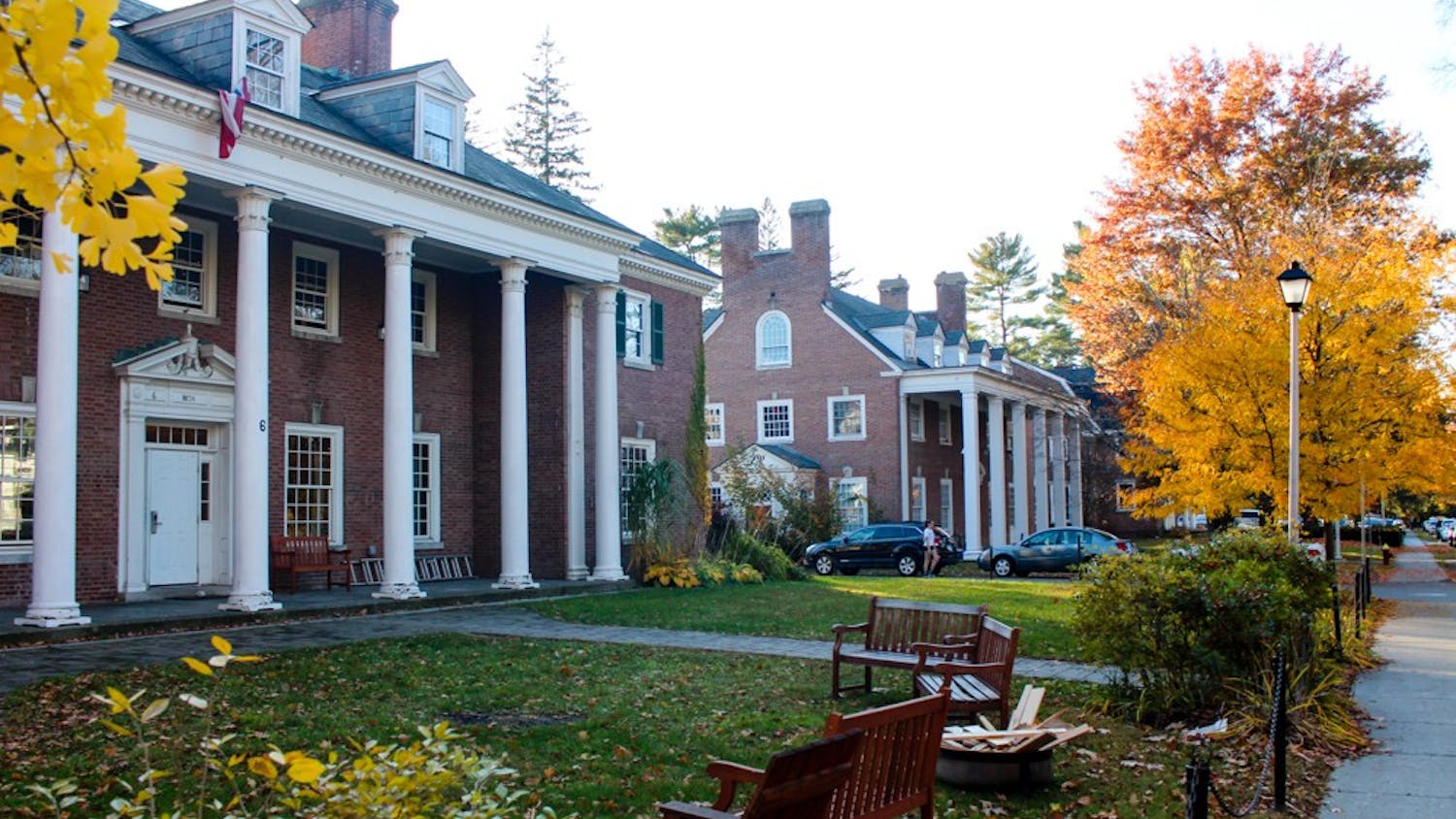Now that the fall term — a critical time for freshmen and other students to join clubs — has wound down, leaders and new members of student organizations across campus have had an opportunity to look back on the successes, challenges and outlooks for their respective clubs as winter term quickly approaches.
For some on-campus organizations, such as the Dartmouth Investment and Philanthropy Program, the circumstances of fall term, while forcing the club online, didn’t significantly alter club activities. Every fall, the Investment Committee — the DIPP leadership team — uses the quarter to educate prospective members about the world of finance. This term, instead of teaching freshmen the ins and outs of investing in a classroom, the educational meetings have taken place over Zoom, similar to an online lecture.
Yangyang Li ’22, a member of the Investment Committee and DIPP’s head of education, said that she tried to replicate the standard freshman DIPP experience as much as she could online.
“I’ve tried to keep it mostly the same,” Li said. “I think it is a lot more logistical work — sending out Zoom links, responding to a million emails every day — but the overall process is pretty identical.”
While the process for new members to join DIPP — attending the lectures, as well as completing two assignments and a final presentation — has stayed uniform even in COVID-19 circumstances, one notable difference has been the sheer number of prospective members this year. In a normal year, DIPP accepts most of the freshmen that stick around for the entirety of the fall term, which last year was around 85 new members. This year, however, there are around 150 prospective members still attending club meetings, which has made it difficult for Li and the rest of the Investment Committee to decide who to accept.
“We don’t have enough room for 100, 150 new members,” Li said. “We’re trying to decide if we want to cut more people, but we also feel bad because you put in the time and showed the interest. We don’t expect you to be a finance genius; nobody comes in knowing everything.”
Anay Saraf ’24, a prospective DIPP member, said that participation may be higher than normal this year because the virtual nature of the club makes it easier for students to attend.
“If you have to trek across campus to some room for a club, at least half the people who are attending right now wouldn’t do that,” Saraf said. “But if it’s 7:30 at night and you’re in your room and you can just click a few links to get to a club meeting, I’m sure you would do that.”
Other clubs across campus have reported similarly high attendance numbers, largely because, for many ’24s, clicking those Zoom links on a weeknight is currently one of the most accessible ways to build community. One of those organizations is the Cabin and Trail subdivision of the Dartmouth Outing Club, which has seen a high level of excitement and engagement from the ’24s on campus.
For Wyatt Cummings ’24, a new member of Cabin and Trail, his participation in the club has been one of the highlights of his freshman fall, and he understands why other students feel the same way.
“I think a lot of it is because of quarantine,” Cummings said. “Because of everything that’s going on this year, people just want that sense of community and that ability to get outdoors.”
Although Cabin and Trail is operating with fewer trips and under a reduced scope this term — traditions such as diner tours, spending the night in sleeping cabins and contra dancing in Norwich, Vermont are all prohibited under College guidelines — club leadership is still trying to ensure that new members get a chance to bond and enjoy the great outdoors. They have kept up traditions like “chubber dates,” where upperclassmen and freshmen bond over coffee or a meal, which Cummings said has been integral for forming friendships and bonds within Cabin and Trail.
“The ’24s feel more involved because they have an upperclassman that cares about how they’re doing, and it’s just a nice way to kind of get into the club,” Cummings said.
Kevin Donohue ’21, a co-chair of Cabin and Trail, said that while he was initially afraid that the nature of the term would lead to fewer new members and less engagement, those fears subsided as the term went on.
“[We] have a really robust community, and there’s a lot of people in the DOC and [Cabin and Trail] that really care about welcoming new people and fostering a really inclusive and exciting community that you want to come back [to], whether that be in person or online,” Donohue said.
Cabin and Trail has been able to build that sense of community through a combination of weekly Zoom meetings and regularly scheduled club activities, such as hikes and trips, throughout the term. However, for some groups across campus, “regularly scheduled club activities” are impossible under COVID-19 restrictions.
This term, a cappella groups like the Dartmouth Sings have not been able to hold in-person rehearsals or perform on campus despite adding new members to their roster. Without the ability to sing in person — the most essential part of the a cappella experience — the Sings have shifted their music-making online: New ’24s learn parts over Zoom before sending in a recording of them singing so that the upperclassmen can stitch together a virtual a cappella track.
Despite the difficulties of singing over a computer, new members of the Sings still think that the experience has been worthwhile. Kayleigh Bowler ’24, one of the new members of the Sings, said that the Sings upperclassmen have taken the ’24s flair-shopping at thrift stores, as well as gone on walks, hikes and “coffee dates.” While normal a cappella traditions, like memorable in-person callback sessions, couldn’t happen this term, Bowler said that the upperclassmen in the group are making the most of a less than optimal situation.
“They really are putting in the work to make us all feel really included and really part of the group, which has been just really special,” Bowler said.
In the face of uncertainty, clubs across campus have had to adapt to an ever-changing fall term. From recruiting new members to holding meetings online, student organizations are one of many College institutions that are navigating the tumultuous COVID-19 era. Despite the challenges, club leadership and new members alike remain optimistic for the future that lies ahead.
“I personally am not worried at all about the future and about engaging with ’24s and beyond,” Donohue said. “I think that Dartmouth students in particular are really excited and really want to engage with the community.”




